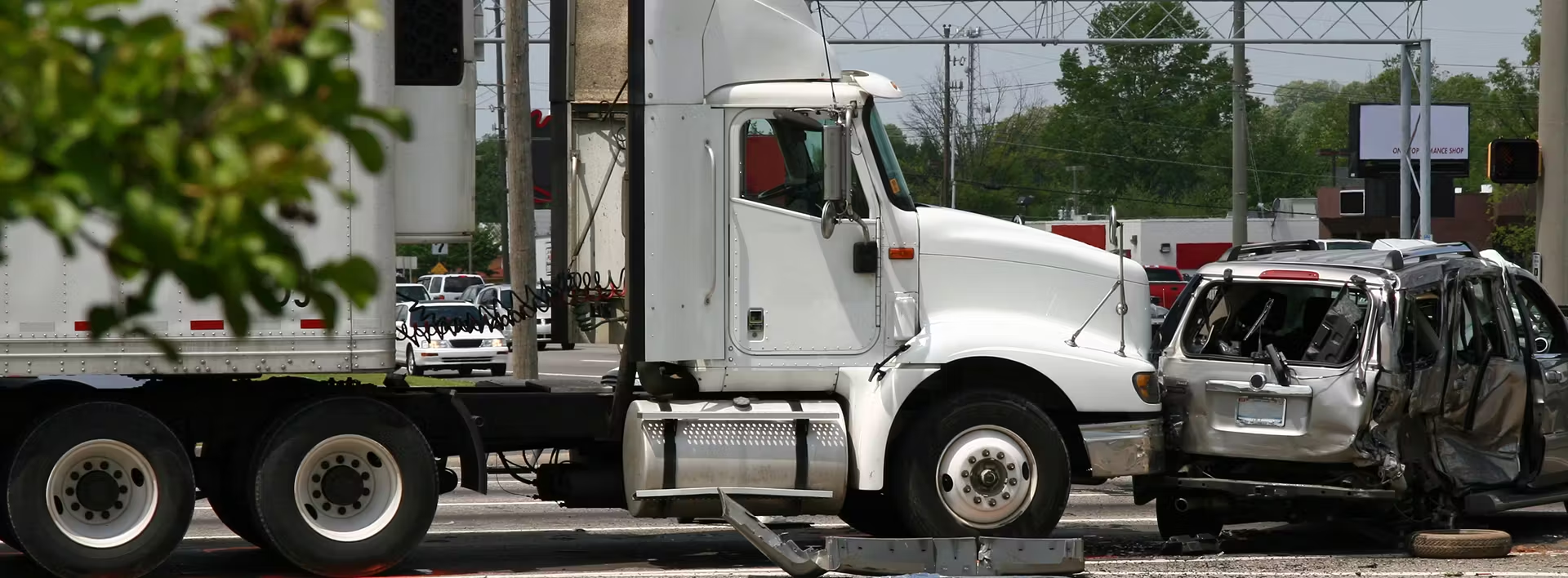How to Deal with a Denied Truck Accident Claim?
A denied truck accident claim can be frustrating, but you can challenge it effectively. Learn key steps, from gathering evidence to legal appeals, to secure rightful compensation.
Dealing with a denied truck accident claim can be an overwhelming and complex process. It’s essential to approach this situation methodically and with informed strategies. In such cases, the guidance of a Houston Truck Accident Lawyer can be invaluable. This comprehensive article aims to provide a detailed guide on effectively tackling a denied truck accident claim, ensuring that you are fully prepared to pursue your rightful compensation.
1. Understanding the Reasons for Claim Denial
The first critical step in addressing a denied claim is to understand the reasons behind the denial thoroughly. Insurance companies may deny claims for a variety of reasons, such as insufficient evidence to support the claim, policy exclusions, or issues with the timeliness and manner of the claim filing. The denial letter from the insurance company is a key document in this phase, as it should clearly specify the grounds for denial. By comprehending the specific reasons for your claim’s rejection, you can tailor your response to directly address these issues, thereby enhancing the chances of a successful appeal.
2. Gathering and Organizing Evidence
If your claim was denied due to inadequate evidence, gathering more comprehensive and compelling evidence is crucial. Research questions such as Can I Sue a Trucking Company After a Truck Accident? and consult legal professionals to understand your rights and options. Taking proactive steps can improve your chances of receiving fair compensation. This might include a deeper dive into gathering photos from the accident scene, securing detailed statements from witnesses, obtaining a more comprehensive police report, and assembling a complete set of medical records. Organize this evidence clearly and chronologically to build a strong accident narrative. The aim is to leave no room for doubt regarding the validity and severity of your claim, making your case as robust as possible.
3. Reviewing Your Insurance Policy
A detailed review of your insurance policy is essential. Often, the intricacies of insurance policies can lead to misunderstandings about what is covered. Familiarize yourself with the specific terms of your policy, including coverage details and any exclusions that might impact your claim. If you discover that the insurance company’s reasons for denying your claim are in conflict with the terms of your policy, this can form a strong basis for your appeal.
4. Writing a Formal Appeal Letter
Writing a formal appeal letter is the next critical step. This letter should clearly articulate why you believe the denial of your claim was unjustified, backed up by the additional evidence you have gathered and your policy review. Attach copies of all pertinent evidence that bolsters your claim. The tone of the letter should remain professional, focusing on logical arguments rather than emotional expressions. This letter is a crucial piece of communication with the insurance company and should be thorough, clear, and compelling.
5. Seeking Legal Assistance
Seeking assistance from a truck accident lawyer can greatly strengthen your appeal. Lawyers specializing in truck accidents have deep insights into the complexities of such claims and are adept at navigating the appeal process. They can assist you in effectively gathering evidence, interpreting your insurance policy, and preparing a persuasive appeal letter. Moreover, a lawyer can represent you in all interactions with the insurance company, ensuring that your interests are assertively and professionally represented.
6. Understanding the Role of Negotiation
Negotiation is often a pivotal factor in resolving a denied claim. Your lawyer can engage in negotiations with the insurance company on your behalf, utilizing their legal expertise and knowledge of similar cases to argue for a fair and just settlement. Effective negotiation can lead to a resolution that compensates you appropriately for your damages, possibly avoiding the need for more drastic legal measures.
7. Exploring Alternative Dispute Resolution
If direct negotiations do not yield a satisfactory outcome, consider exploring alternative dispute resolution methods such as mediation or arbitration. These methods involve a neutral third party who facilitates an agreement between both sides. They tend to be less confrontational than court proceedings, can be more expedient, and may also be more cost-effective. These methods are worth considering if both parties can find a middle ground.
8. Considering Litigation as a Last Resort
If all other approaches fail, litigation may be the only remaining option. Filing a lawsuit can be a lengthy and expensive process but may be necessary to secure fair compensation. This step should only be taken after thorough consultation with your lawyer, who can guide you through the complexities of the legal process and help weigh the potential risks and benefits.
Dealing with a denied truck accident claim requires a strategic and well-informed approach. From understanding the reasons behind the denial and gathering strong evidence to exploring negotiation and alternative dispute resolution methods, each step is crucial in building a strong case. In situations where these efforts are not sufficient, litigation may become necessary.




